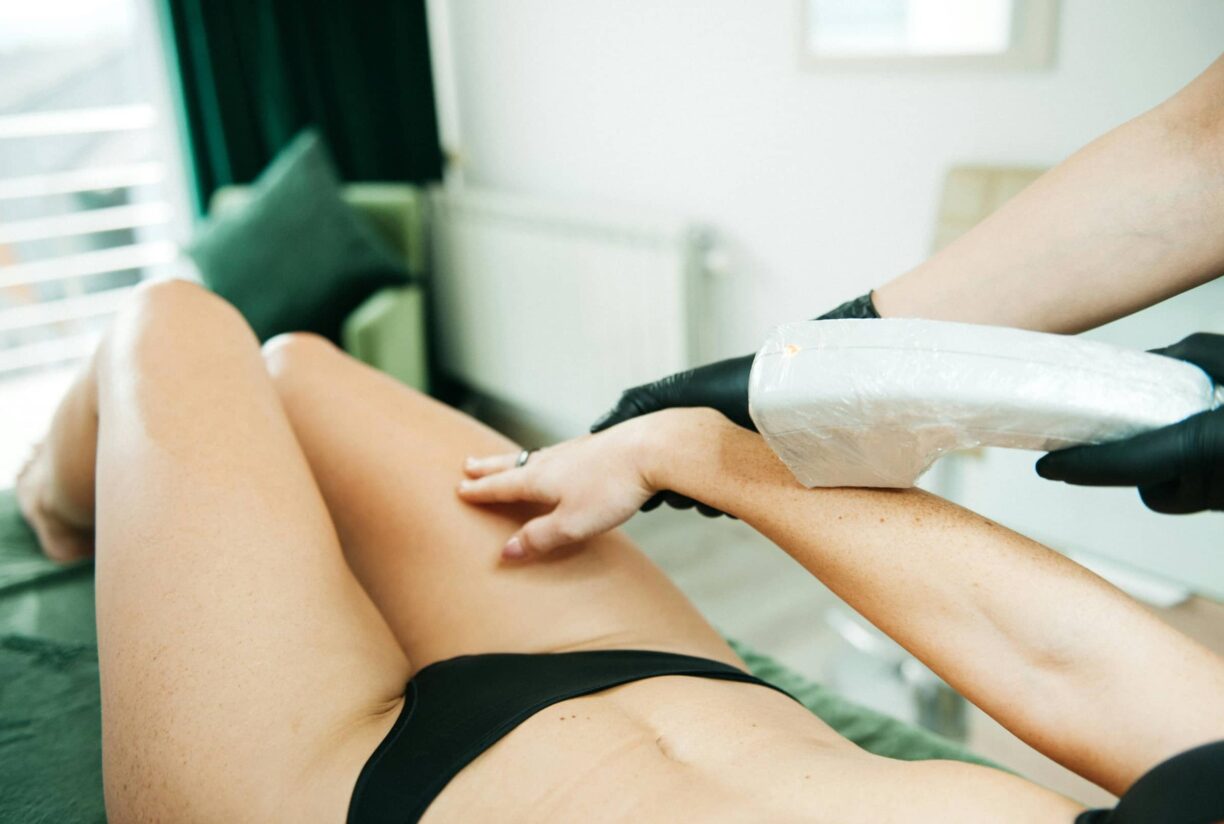When it comes to nutrition for marathon training, few runners realise that what’s on their plate can be as crucial as their pace on the pavement.
With over 56,000 athletes set to pound the streets of London on Sunday, 27th April, the world’s largest marathon demands more than just strong legs—it calls for a finely tuned fuel strategy inspired by top experts like Dr. Carrie Ruxton.
A Recipe for Success: Why Diet Matters as Much as Mileage
As the ranks of weekend warriors swell—27% of Brits now lace up weekly—the hunger for guidance on recovery, injury prevention, and performance peaks is louder than ever. Enter Dr. Ruxton, whose succinct wisdom cuts through carb confusion and electrolyte myths:
Dr. Carrie Ruxton explains: “Eating the right diet is just as important as training for marathon runners and casual runners alike.
Incorporating good quality carbohydrates, protein, plant polyphenols, and electrolytes can help maintain energy levels, enhance hydration, support muscle function and speed up recovery.”
Her words echo the sentiment of every runner who’s ever hit “the wall” at mile 20: training alone won’t stop fatigue—proper nutrition for marathon training will.
Four Simple Dietary Tips to Power Your London Marathon
1. Wake Up to Vitamin C
Why it matters: A 150 ml glass of pure orange juice delivers roughly 90% of your daily vitamin C needs—an antioxidant champion for defending muscles against oxidative stress and keeping joints limber.
Endurance runners battle more free radicals and are prone to colds; collagen synthesis is vital for strong bones and connective tissue.
Top Tip: Start your day with a glass of pure orange juice for an energising boost of vitamin C and natural carbohydrates.
2. Base Your Meals on Low-GI Carbs
Why it matters: Marathon miles demand a slow-release energy source. Minimally processed, low-GI carbs—think wholegrain pasta, brown rice, quinoa, lentils and beans—offer sustained fuel without sugar crashes.
Top Tip: After your long runs, tuck into a lamb and butter bean casserole served with couscous, or try a salmon stir-fry over wholegrain rice with broccoli, flaked almonds and soy sauce.
3. Keep Cramp at Bay with Potassium and Hydration
Why it matters: One misplaced step from a calf cramp can spell disaster on race day. Potassium ensures smooth muscle contraction, while water and electrolytes maintain fluid balance.
Top Tip: Load up on spinach, bananas, sweet potatoes, beetroot or even a second glass of orange juice to replace those lost salts.
4. Power Up on Polyphenols
Why it matters: Colourful fruits and veg bring more than cheer—they’re packed with plant polyphenols that cool inflammation.
A 2024 study led by Dr. Patrick Diel found that diluted cloudy apple juice helped runners bounce back faster than sugary sports drinks, thanks to its blend of natural sugars and antioxidants.
Top Tip: Dial up the rainbow with red cabbage slaw, blueberries, yellow peppers, kiwi, strawberries and cauliflower.
When Fueling Fails
I’ll never forget John O’Sullivan, a mum-of-two and lifelong jogger, who hit the infamous “wall” at mile 22 during his first marathon.
He’d relied on gels alone—no real food, no electrolyte plan—and within minutes, his legs turned to lead.
A wise coach handed him a banana and an orange-juice top-up; John shuffled to the finish—and learned the hard way that nutrition for marathon training isn’t optional.
Beyond Race Day: Building Habits That Last
Incorporate these tips not just in taper week but throughout your training cycle. By weaving smart nutrition for marathon training into your menu—whether you’re chasing a PB or simply crossing that finish line—you’ll feel the difference in every stride and recovery session.
On 27th April, as the crowds roar from Tower Bridge to Buckingham Palace, let your diet be the silent partner that propels you forward. After all, in marathon running, the kitchen can be just as decisive as the course.





